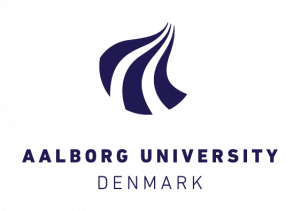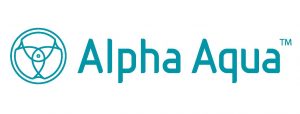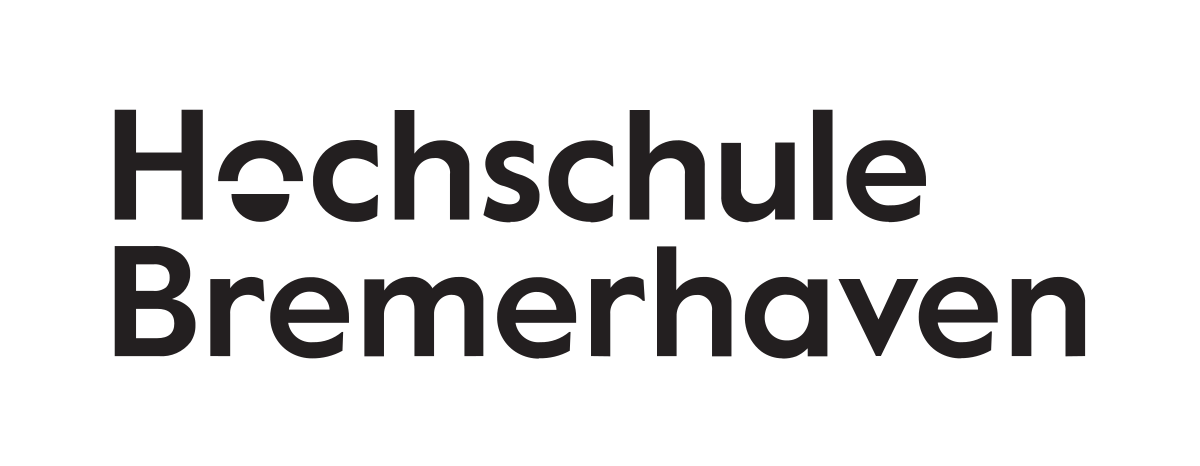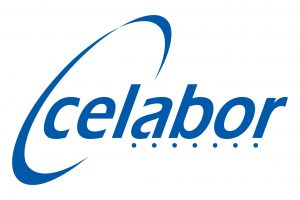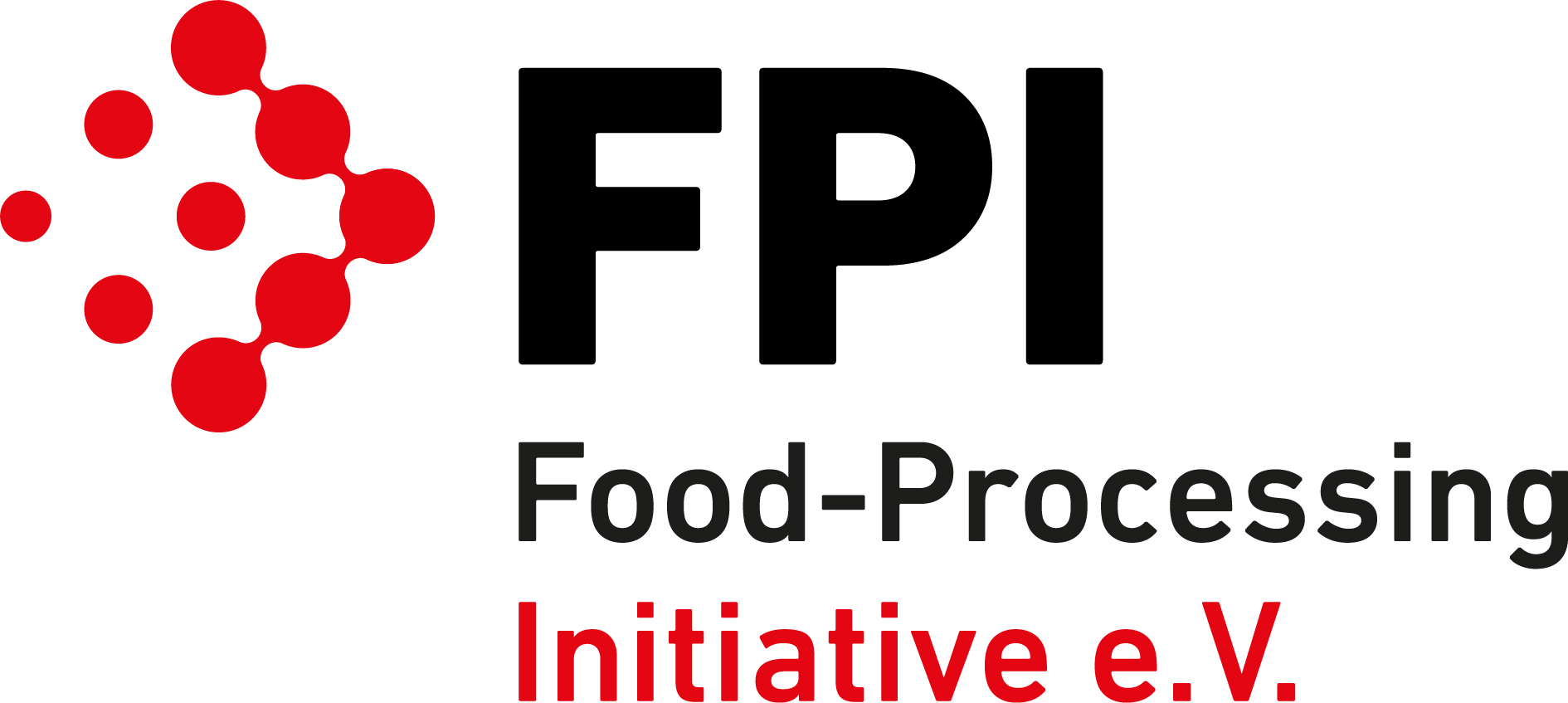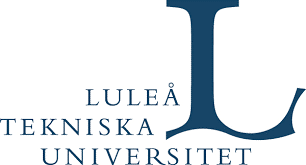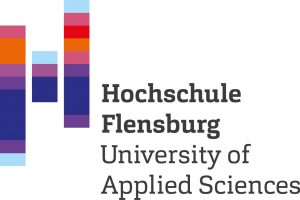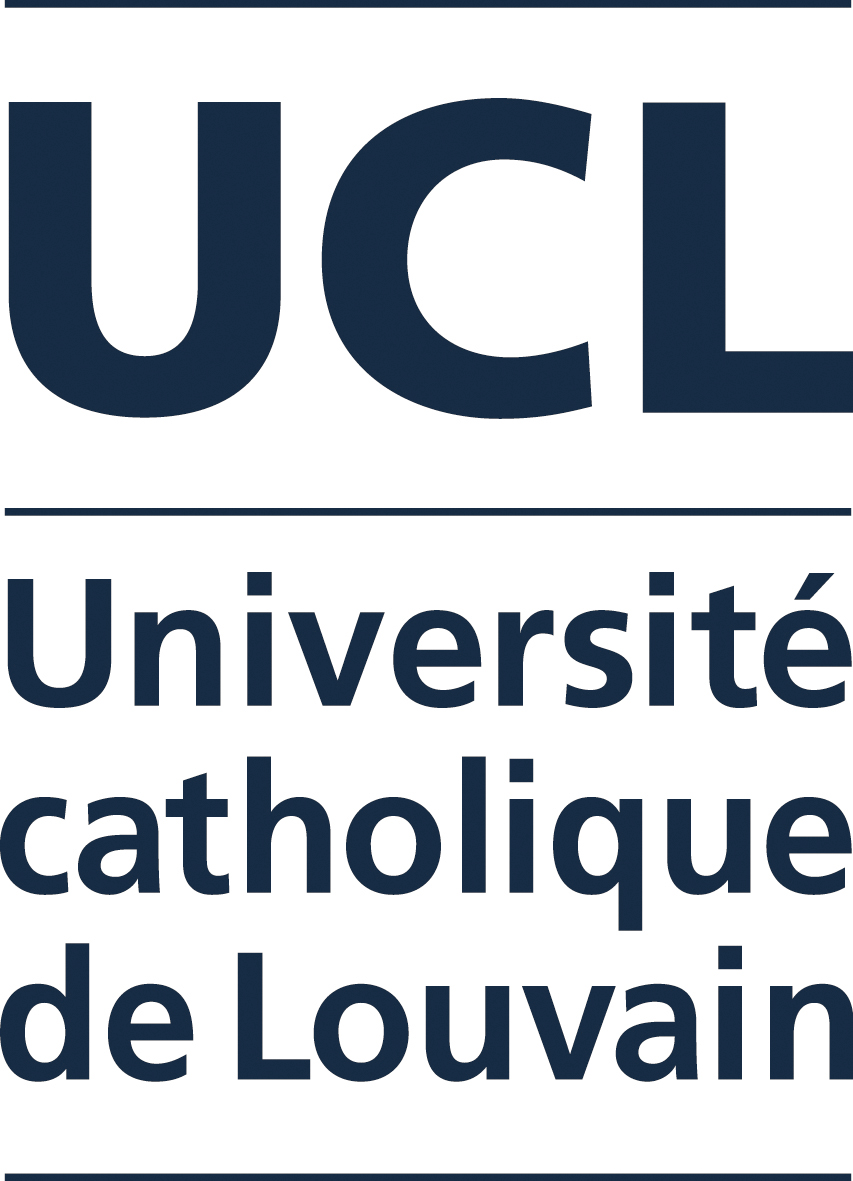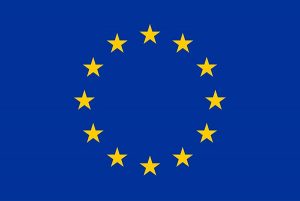Objectives
In the AQUACOMBINE project we aim to demonstrate combined aquaculture and halophyte farming (farming of saline tolerant plants) using the principles of circular economy, where waste is recovered and utilised within the system to create both internal value and new products, beside avoiding the wastes. Residues are utilised within the system to create both internal value and new products.
Excess nutrients from the fish production will be used as fertiliser for the halophyte plants and filtered through a microbial water treatment system to enable recirculation of the water back into the aquaculture tanks. All parts of the halophyte biomass will be used for production of multiple products such as food, feed, botanical extracts and pure bioactive compounds, as well as biogas from the final residues to produce energy and a nutrient rich residue to bring essential nutrients (e.g. phosphates) back to farmland.
This combined aquaculture, farming, and bioprocessing can help desalinize salt effected areas and can easily be combined with sustainable management of natural areas and/or use of marginal lands to create value and jobs in rural, remote and salt affected areas. The bioprocessing will created added value to the combined farming and diversify products.
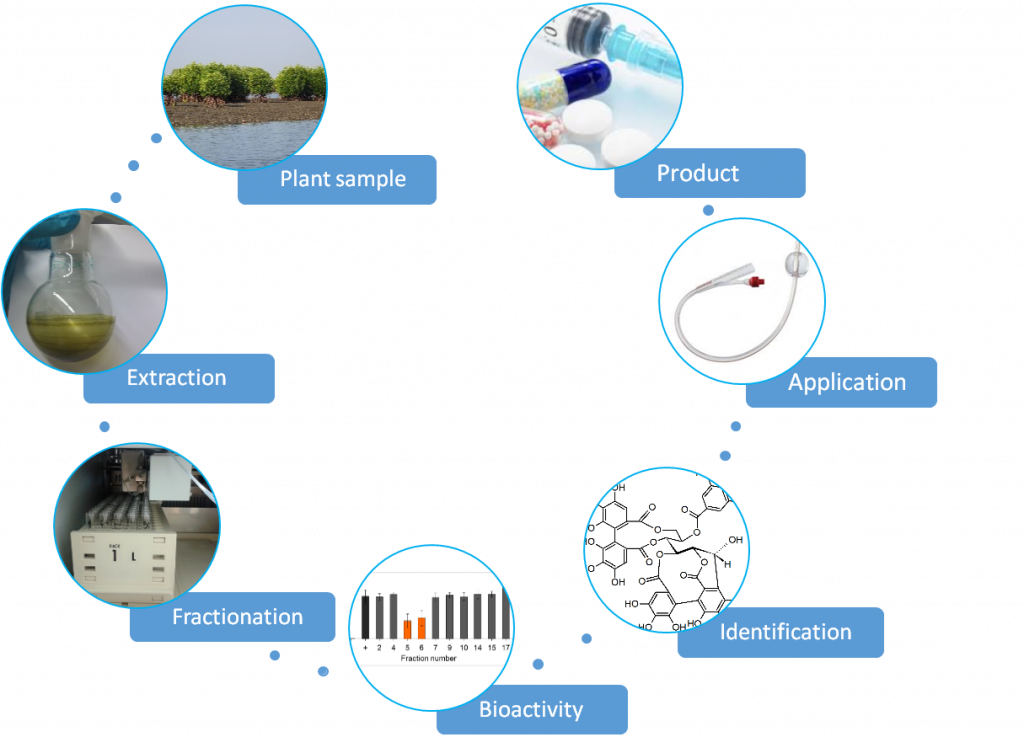
Acknowledgement
This project has received funding from the European Union’s Horizon 2020 research and innovation programme under Grant Agreement No 862834. Any results of this project reflects only this consortium’s view and the European Commission is not responsible for any use that may be made of the information it contains.


